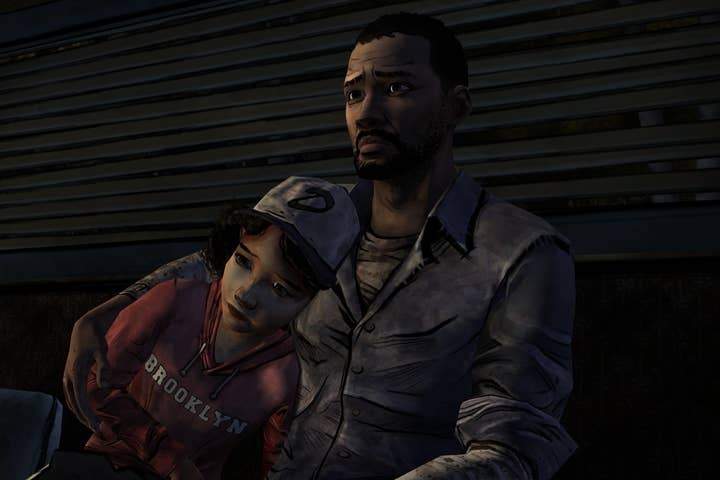The industry needs writers earlier in development process
GDC 2013: Content can't evolve if writers are the last step in development
Video game stories are prepared to evolve if publishers and developers allow writers into the production process early. That was the thesis of freelance game writer Susan O'Connor and Electronic Arts producer Chuck Beaver. In a talk at GDC 2013 today, the pair tackled the issues that face developers and writers when the story isn't a strong concern during production.
According to O'Connor, the talk stemmed from an interview by Kotaku's Stephen Totilo with Ubisoft Toronto managing director Jade Raymond. In the interview, Raymond talked about the industry's loss of creative talent due to the creation of only certain types of games. If the industry wants to hold onto talent, then O'Connor and Beaver insisted that we need to learn to evolve the types of stories we tell. Battlestar: Galactica and James Bond were put forth as properties in other mediums that started off cheesy and evolved into something mature.
"We going to argue that our industry should be next," said Beaver. "It's time for all of us to get there, throughout the industry."
"Writers have a unique responsibility. We need to take a bigger role in crafting the emotional content of games. It's about what a player feels when they play our game," added O'Connor.
The industry is host to differing points of view, with the reality of business clashing with the aspirations of artists. According to the pair, the issues could be fixed if writers and involved in all three phases of game development: concept, pre-production, and production.
Beaver said the concept stage is "all about the money." Suits look at market opportunity, studio capabilities, and then smash the two together to create a business model. Business analysis yields game genre, type, and mechanics. But, this model misses the emotional core of the story which stands as the hook for the players.
"Focus groups and marketing data do not a game experience make," quipped O'Connor.
The pair wonder if the industry could add story earlier in the cycle.
"We need someone in the room who can drive that vision and that means a creative," said O'Connor. "Creatives on top set the north star for the team and the industry."
Time can be wasted on crafting a story if writers and developers are not on the same team. O'Connor explained that she wrote a story for a cooperative and was later told it was for single-player. Changes can throw new game writers for a loop, so they must be flexible because game design drives everything.
"We as game writers can learn how to build stories in a world that shifts beneath our feet," O'Connor said. "
The focus for writers should be the emotional journey, not the plot. Levels could be removed later in production and if a story required those levels, it could fall apart. And emotional journey is more flexible. Players play a game to do what they want to do, so the desires of characters should sync up with players. A game's antagonists are where writers have a better chance to make their mark. Writers control the antagonist and when players interact with an antagonist that feels real, the world feels real.
Writers need to work harder to be a strong and integral part of the development team. They have to get into the master narrative. The story exists even in a game's level design.
"Story isn't just cinematics and voiceover. It includes level design. Story is what the player does. It's where the player will get emotionally attached and engaged," O'Connor said. "Advocate to have conversations with [the development team]."
All is not lost if the writer only shows up later as cutscenes allow for dialog and performance, a writer's bread and butter. That said, the pair stress that it's better for the industry for writers to be involved at every step of the process.
"Games are a new medium. The moment is now to get serious about finding way to make the games that you have been dreaming about making since you were kids. The industry is ready, the audience is ready. The secret weapon of our games is not the technology, its not the graphics, it's not the guns. It's the way that we make our players feel. Once we harness that power we'll be unstoppable," closed O'Connor.

